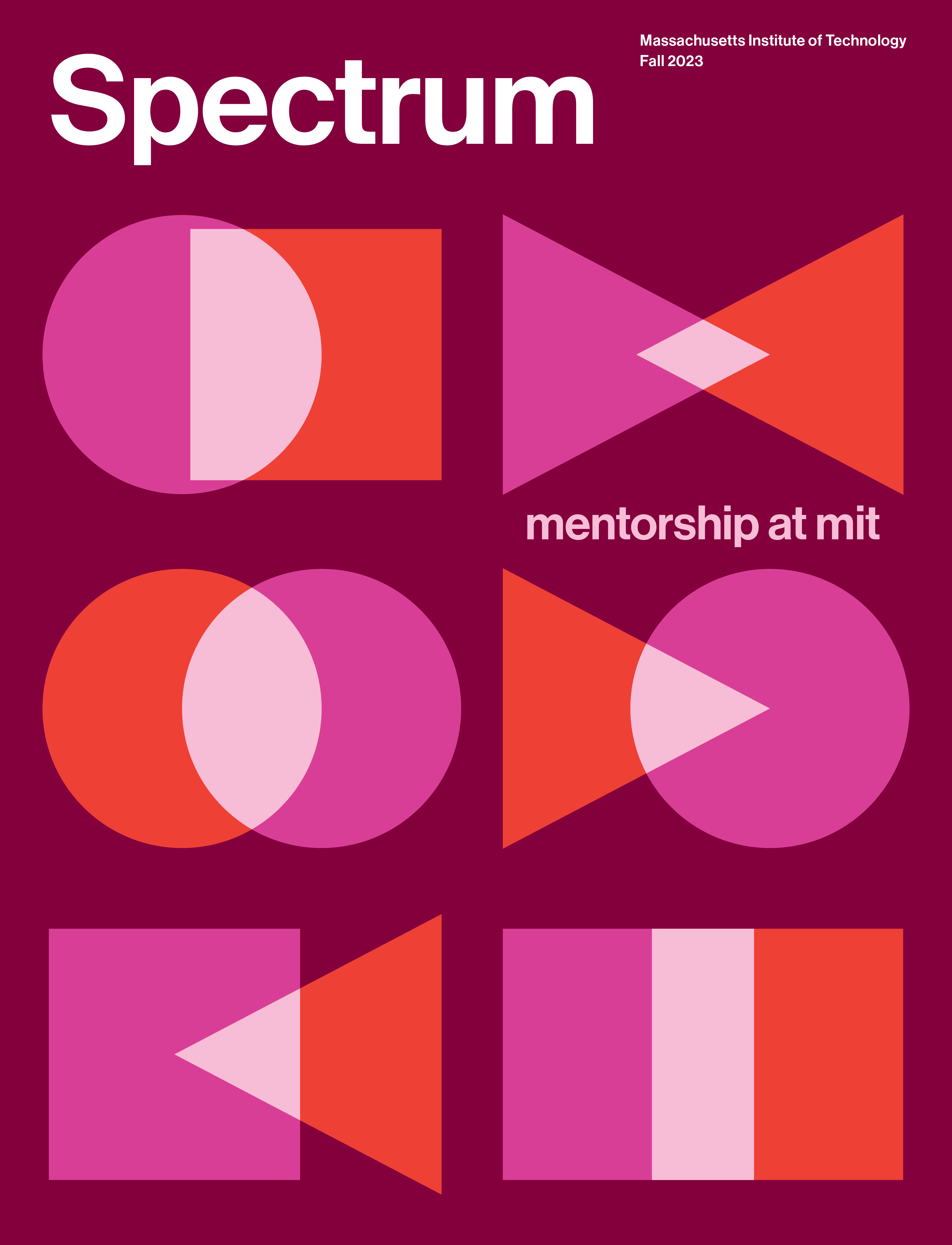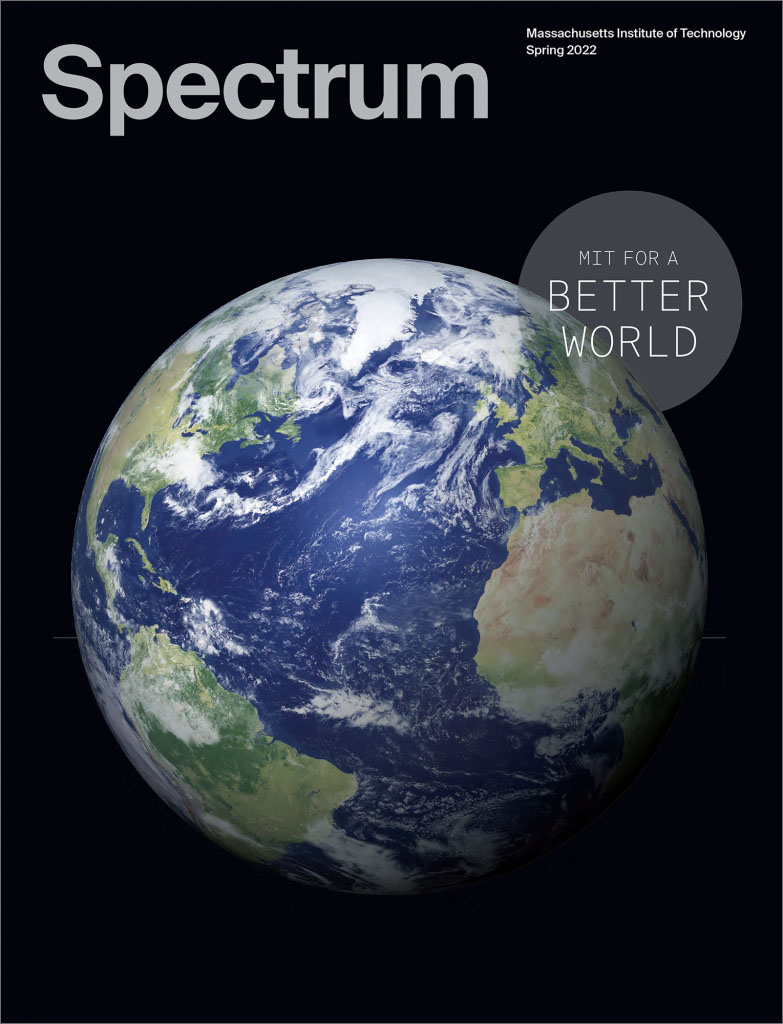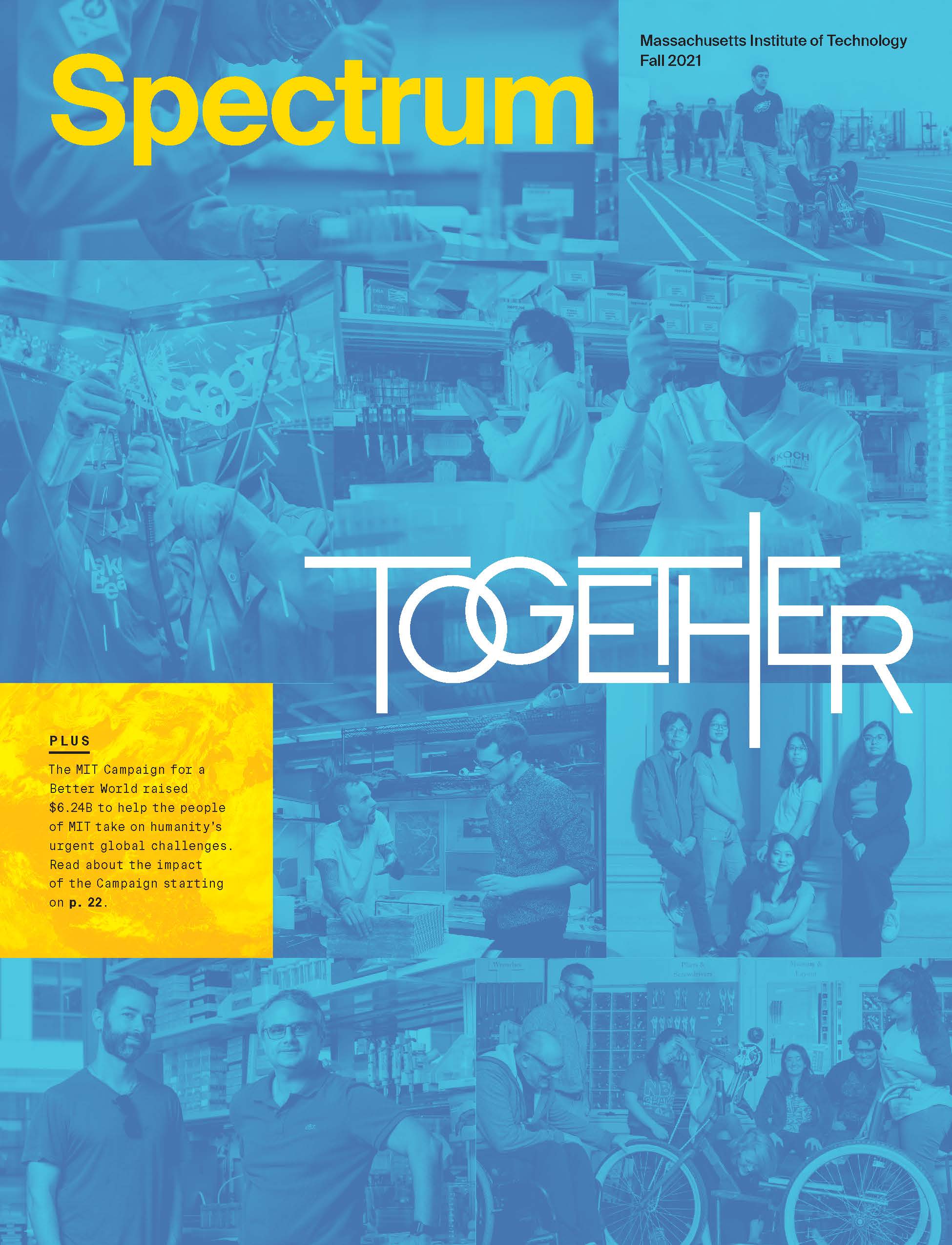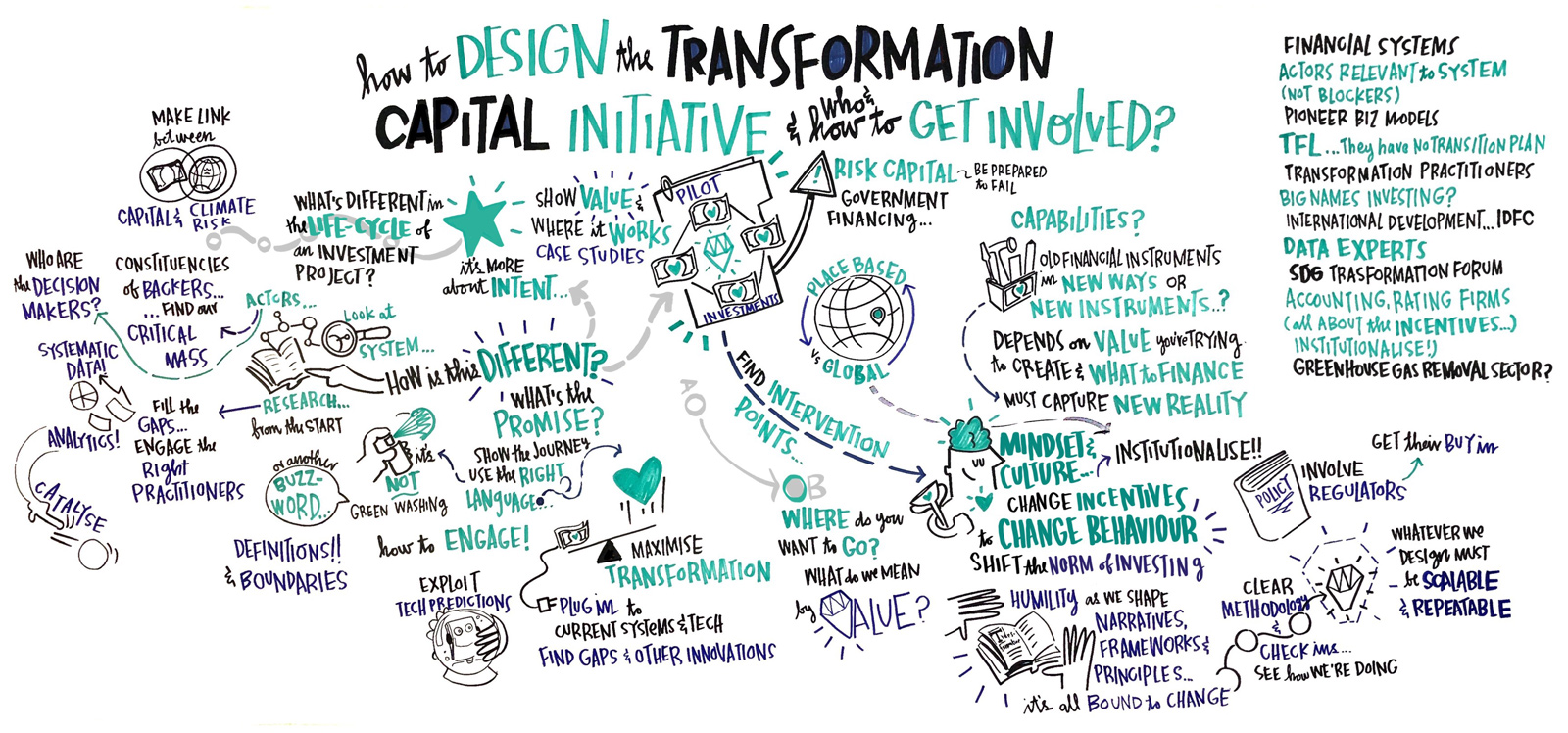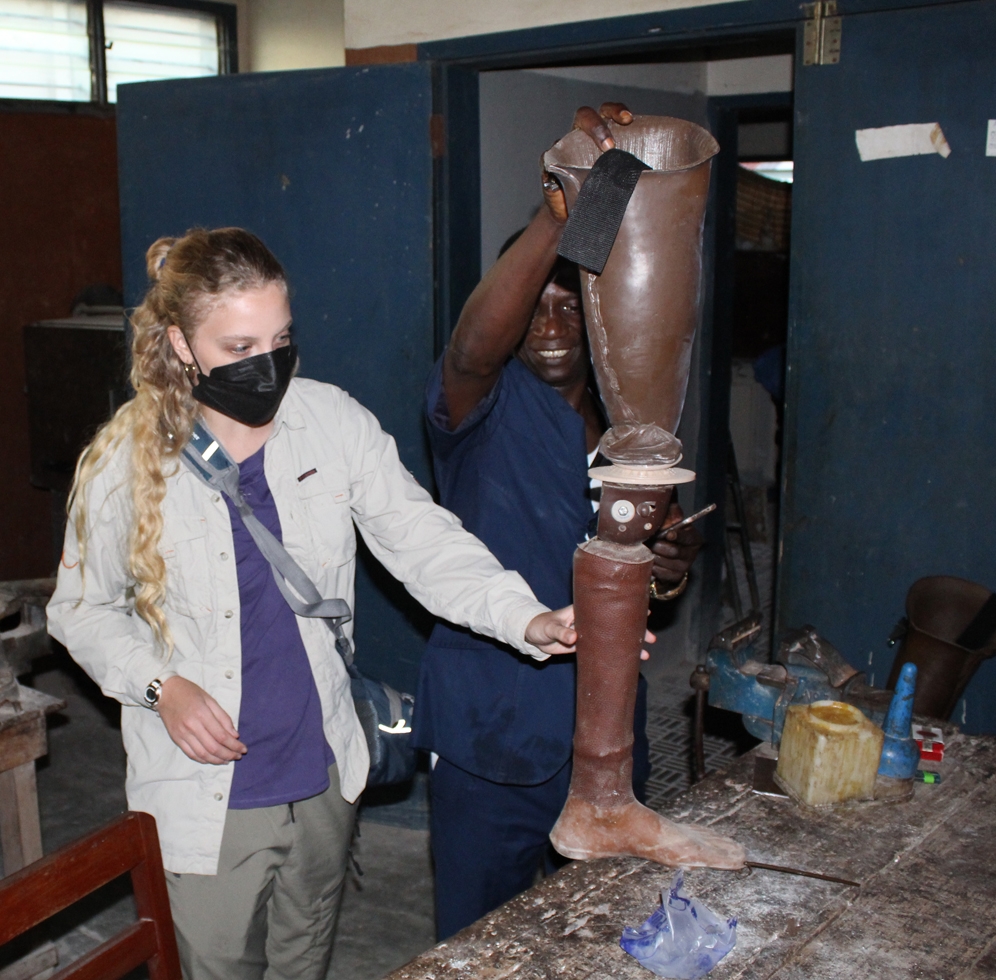
Biometrics in the Age of Artificial Intelligence
Lessons from the past can inform the ethical use of government-sponsored identification systems

Weaving a Web of Textile Research
MIT Fabric Innovation Hub aims for sustainable clothing manufacturing

Better Cardiovascular Care through AI
Professor and physician Collin Stultz wants to help heart patients everywhere by applying machine-learning techniques to cardiovascular medicine
MIT’s Responsibility to Lead in a Challenging World
Vice president for resource development talks about the Institute’s vital role in addressing the most critical issues of our time
Economics Research to Change the World
New fundraising effort keeps MIT Department of Economics at the vanguard of an evolving field
Our Fandoms, Ourselves
In Comparative Media Studies/Writing class, students explore fan culture as “a powerful tool for social engineering”

A State-of-the-Art Space for Sparking Innovation in Computing and AI
The new home of MIT’s Stephen A. Schwarzman College of Computing opens the college to the world
Spotlight On: What's Next?
New Faculty at the MIT Schwarzman College of Computing
The MIT Schwarzman College of Computing is fulfilling its commitment to create 50 new faculty positions
MIT Sloan research helps family enterprise investors amplify their impact with a systems approach
Polymers for People and the Planet
Researcher's pioneering work in polymeric chemistry and chemical engineering yields materials for highly targeted cancer treatments and sustainable plastics
Charles Stewart III explores the way Americans vote, in all its extraordinary complexity
Popular
When Movements Topple Dictators
Associate professor of political science Mai Hassan examines contentious politics and collective action in autocratic regimes—and the barriers to democratization that follow
Francesca Riccio-Ackerman Works to Improve Access to Prosthetics
PhD student is designing and building a sustainable care and delivery model in Sierra Leone
Three years of project work yield NEET students an experimental model of the human gut—and preparation for their postgraduation goals
MIT Bridge Project Spans Disciplines for Better Cancer Diagnostics
Researchers meld their expertise in engineering, immunology, and polymer chemistry to tackle ovarian cancer


